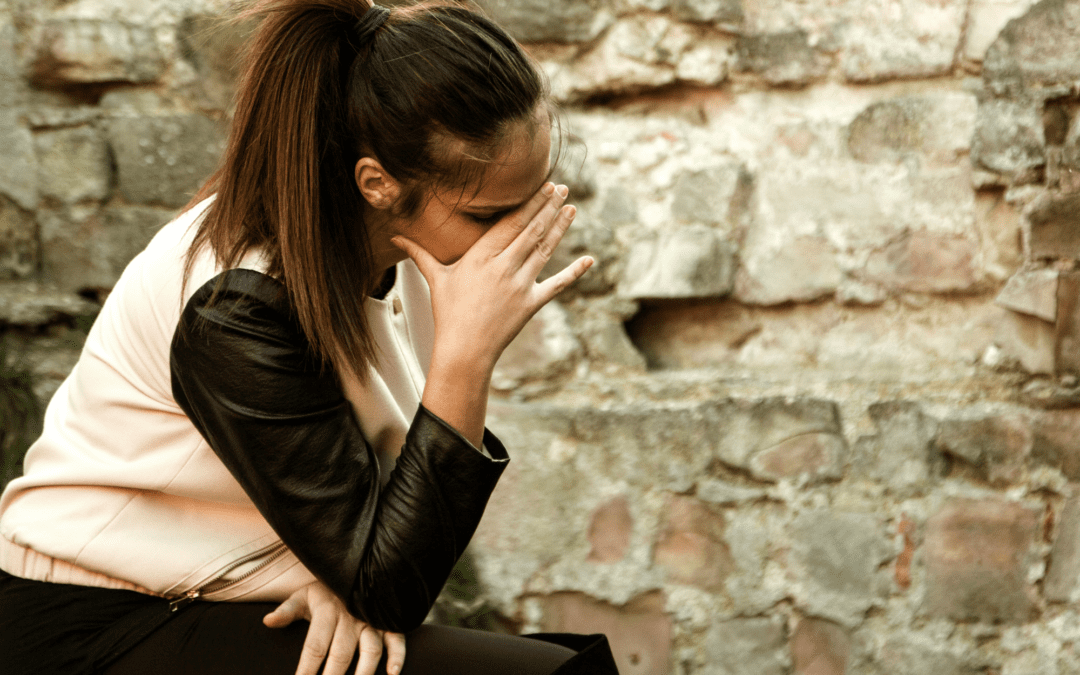“Bipolar is not a disability. They can take a pill and be okay. Those people just need to go out and get a job.”
The ignorance displayed in the above sentence is unreeling to me. That person does not know of the financial devastation of a mania, the overdrafts, the bounced checks, the friendships that it ruins, or the exhaustion that one has after the mania has transpired. Or the embarrassment of the hypersexuality that was displayed.
Then there’s the depression. The “I can’t get out of bed and take a shower” blues. Or the “I sleep through my alarm” incidents. Or the hiding in a bathroom stall to cry in public because there is nowhere else to escape to.
Have you ever heard anyone make the ignorant comment about Bipolar Disorder not being a disability? If so, did it infuriate you as much as it did me? I heard someone say this one time and I was so hurt. In spite of feeling as if I am on a good “cocktail” of medicines, I still must work very hard to keep my mood in check.
I go to the psychiatrist at least every three months and to therapy approximately every two weeks. This helps me process my troubles and keeps the anxiety down that goes with my personal struggle with bipolar disorder.
Some people can work that have bipolar disorder. I do, and it helps in many ways. It gives me somewhere to go two days a week, and it helps me not think about my own issues for a while. It is my way of giving back to those around me, and it does not hurt that I get a paycheck, either.
Some individuals with bipolar disorder are unable to work, and I respect that. I would never judge that person, and would only encourage him to get a job if he volunteered that he really wanted to job search. Sometimes working can be too much for someone with bipolar disorder, and that fact may never be negotiable.
Sometimes educating people about bipolar disorder helps, but often one had to be around their peers or family members with the illness for support. If you are in need of support, consider getting a counselor or look into National Alliance on Mental Illness (NAMI) support groups or Depression and Bipolar Support Alliance (DBSA) in your community. I made several likeminded friends in my DBSA support group and they are a great support both in and out of meetings. Utilizing those services is a neat way of making new friends.
Because I am on disability, I am self-conscious about how I spend my money. However, I try to be a good steward of what I have and be frugal. However, I do make a point of performing what my therapist calls “self-care”. I have my car cleaned regularly, get a haircut on a schedule, and make sure that my nails look good. This helps my mood and my confidence.
I stay on a strict schedule of taking my medications and make sure to remain consistent on my laboratory appointments. Becoming educated as to what the lab tests are ordered for and understanding the reference ranges is very important. I believe that doctors will take you much more seriously if you are educated into your situation and ask questions of them.
In spite of what someone may think Bipolar Disorder is nothing to be ashamed of. Many more people have it that one would guess. And many of them are successful people that have been fortunate enough to be able to use their abilities for the good.
You are enough as you are. Be the best you that you can be!


